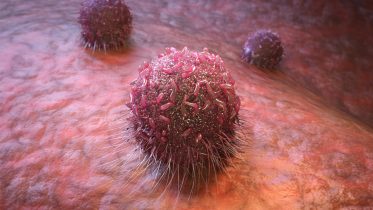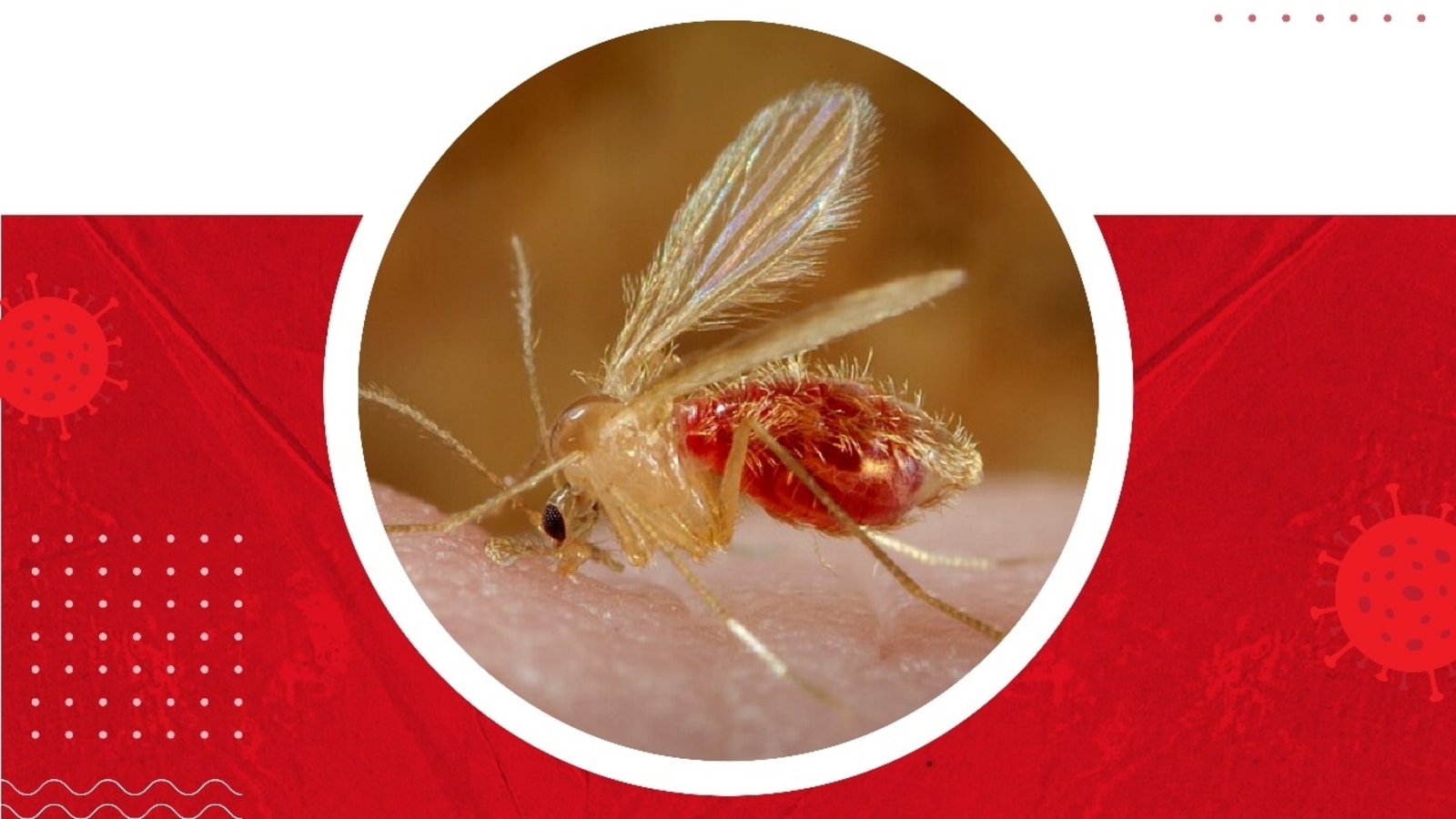Researchers have discovered that an adjuvant named C100, derived from chitin, significantly enhances anti-tumor immunity when injected into tumors in an animal model. The study suggests that C100 effectively activates a crucial immune response pathway without undesirable inflammatory effects. The findings also indicate potential synergistic benefits when combined with other cancer immunotherapies, offering new avenues for treatment development.
Researchers at Trinity College Dublin have achieved a significant breakthrough that could lead to the development of innovative immune therapies for cancer. They found that a vaccine adjuvant or “booster”, known as C100, when injected directly into tumors in an animal model, promotes potent anti-tumor immunity. The scientists found that C100, derived from chitin – one of the most common building materials in nature, and which gives strength to the exoskeletons of crustaceans, insects, and the cell walls of fungi – is highly effective at stimulating a key sensing and signaling molecule which regulates anti-tumour immune responses.

Their highly promising work has been published today in the leading international journal Cell Reports Medicine . Ed Lavelle, Professor of Vaccine Immunology in Trinity’s School of Biochemistry and Immunology and based in the Trinity Biomedical Sciences Institute, is the senior author of the research. He said: “In situ vaccines are a form of cancer immunotherapy which aim to transition the tumor it.


















